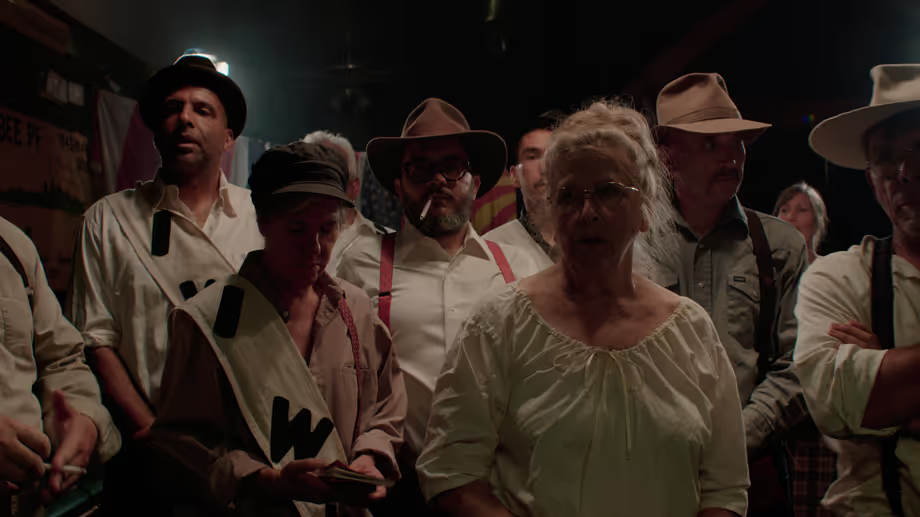Bisbee '17: Discussion Guide Discussion Prompts: Memory
Discussion Prompts: Memory

How do the 2017 events in Bisbee illustrate these historical truisms?
History is written by the victors.
History isn’t what happened, it’s what we remember about what happened.
One person summarizes, “The Bisbee deportation seemed to disappear from the town’s history. The story was rarely told or mentioned. It was never referred to in schools, and people who remembered that day did not talk about it. It was understood that Phelps Dodge did not want the story told and that the ghosts of the past should remain buried. In a company town, the company makes the rules. It was best to move on.” If exiling the strikers was the right thing to do, why would those responsible for it want the story to “remain buried”? How might the silence have affected the town and the descendants of those involved? Who benefits and who is harmed by the approach that “the past should remain buried” and everyone should “move on”?
Commemoration committee member Chris Dietz says, “It’s not just that American kids aren’t getting labor history, or Bisbee kids don’t know anything about the deportation, but it’s that nobody knows any of our history at all.” Before viewing the film, what did you know about the Bisbee deportation? How about other resistance by workers? In your view, should the study of labor history be required in U.S. schools?
Is there an event in your own community’s history that has been “buried” and should be brought to light? How might your community revisit that event’s history in a collaborative and public way?
Artist Laurie McKenna creates an exhibit featuring individual deportees. What can artists do to evoke memory that is different from what a history teacher, book, or museum can do?
Why do you think they called it a “deportation”? What difference does a label make?
Katherine Benton-Cohen, the scholar who worked with Robert Greene on the film, posed the following question: “As professional historians, especially those with significant privilege, what do we owe the people and places we study?” Consider how power imbalances shape the relationship between scholars and the communities they study. How do you think historians should enlist a community’s current residents as collaborators in the researching and telling of history? Are there limits to how much local stakeholders should have a say in how their history is told?
